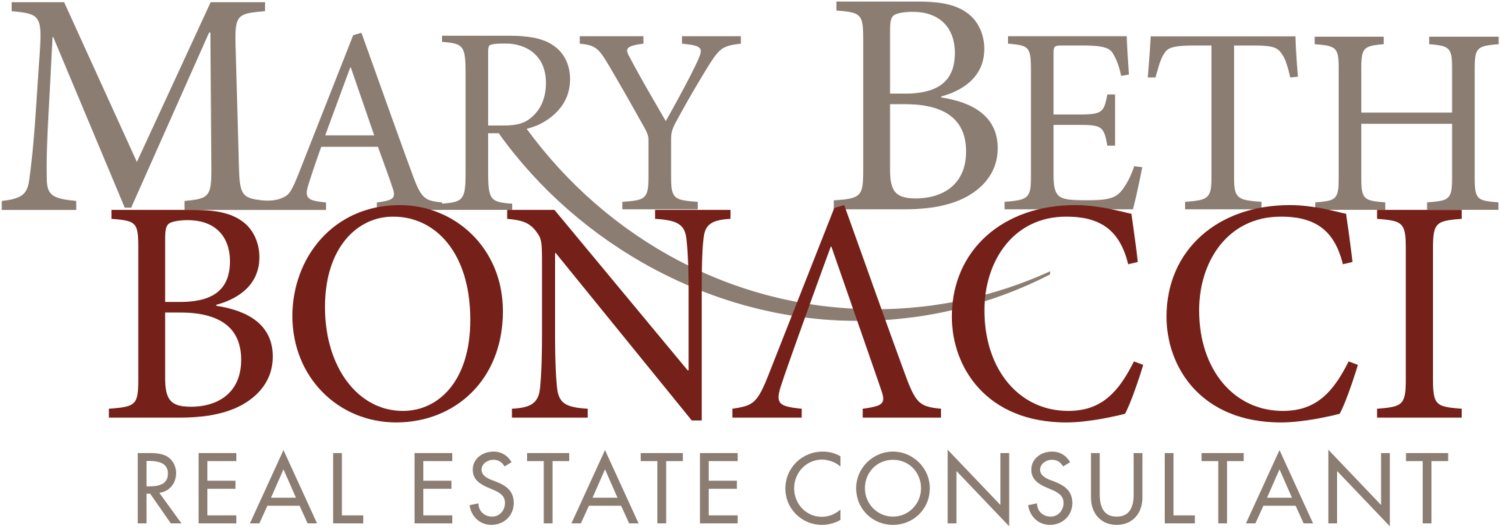Who Pays Whose Closing Costs?
/"No buyer in their right mind pays their own closing costs. The seller will do that."
That's what one of my buyers was recently told at a "first time homebuyers seminar." It didn't strike me as particularly useful information. But it did make me realize that a lot of buyers don't fully understand the concept of "closing costs", whose costs are whose, what those costs go toward, and who's responsible for paying them.
I think a lot of buyers lump all "closing costs" into the category of "what it costs to close the deal", figure those costs are all mutually incurred, and thus each party equally benefitting. Under that scenario, one party is as responsible as the other, and who pays what is strictly a matter of negotiation.
But that's not the case. In Colorado, the only real expense that truly benefits both parties equally is the 200 bucks or so that the title company is paid to close the transaction. That fee is usually split between the buyer and seller. In addition there are some nominal recording and transaction fees required by the various municipalities for the privilege of recording the transaction. These fees are very, very small as an overall percentage of the total closing costs.
So when a buyer pays thousands of dollars in closing costs, what are they paying for? The vast majority of that money is paid to the buyer's lender for the buyer's loan. Here's a rough overview of how it breaks down:
All of these fees are the buyer's expenses. They benefit the buyer, and paying them is the buyer's responsibility.
Sometimes buyers, especially first-time buyers, don't have the thousands and thousands of dollars on hand that they need to close their loans. So, as a part of their offer, they ask the sellers to pay a certain amount toward their closing costs. Sellers will often agree to this because they realize it's the only way this particular buyer could buy the house. But they mentally subtract that amount from their net proceeds, and negotiate the price accordingly. In other words, if they're agreeing to pay $4000 in closing costs, they're going to ask for $4000 more in the purchase price than they would have if they weren't paying closing costs. Because essentially it's money they're giving to the buyer to pay costs that are the buyer's responsibility and for the buyer's benefit.
Remember, the sellers have their own closing costs, and they're generally much more than the buyer's costs. Seller pays:
So will the seller pay the buyer's closing costs? That depends on a lot of factors. How long has the house been on the market? How "motivated" (anxious, desperate) is the seller? Can the seller make up enough in the purchase price to justify the money they're giving back in the form of closing costs?
Sometimes asking the seller to pay for closing costs is the right thing to do. But just know that "it all comes out in the wash." Purchase price or closing costs, sellers are going to be looking at their bottom line, and negotiating accordingly.








